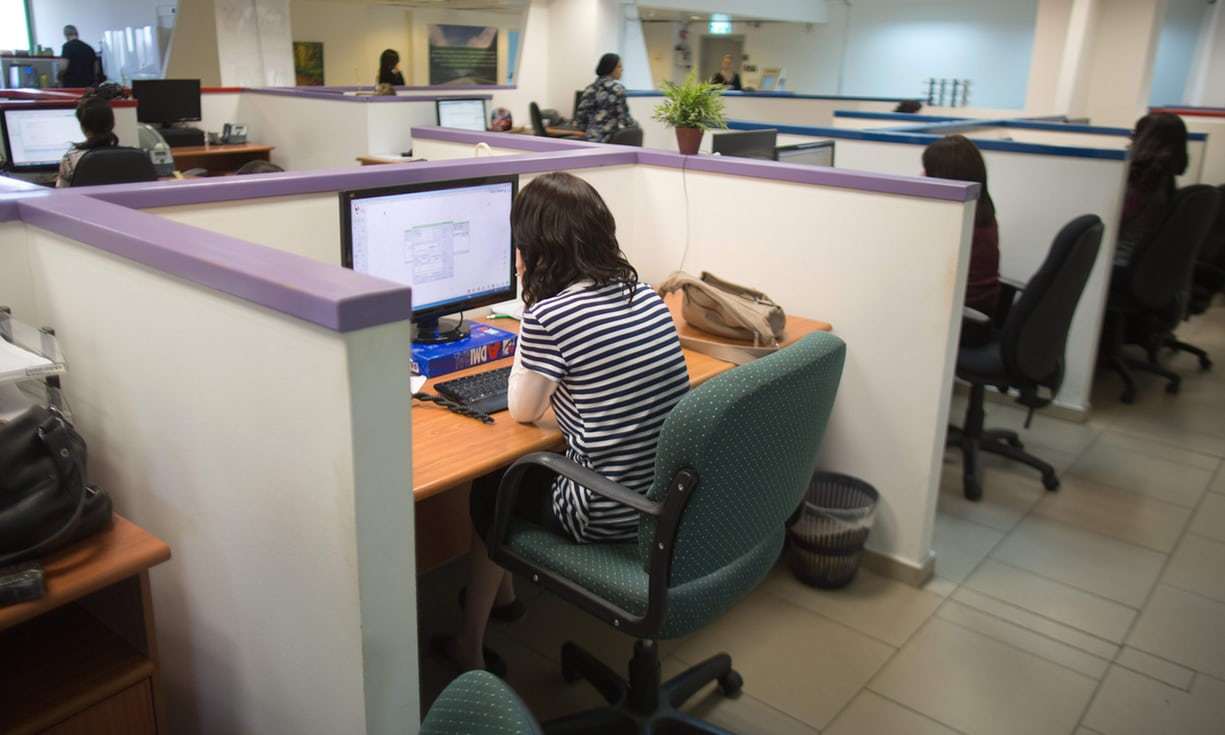In a piece for The Guardian, Andy Beckett talks to the academics and activists who are striving to transform post-work politics from a left-wing curiosity to a mainstream force. Citing the rise of automation and the gig economy, thinkers like David Graeber, Helen Hester, and Nick Srnicek argue that capitalism itself is eroding the necessity of work, and that this tendency should be seized upon—and supplemented by a universal basic income—in order to make work a less central part of our lives. Read an excerpt from Beckett’s piece below, or the full text here.
Graeber, Hester, Srnicek, Hunnicutt, Fleming and others are members of a loose, transatlantic network of thinkers who advocate a profoundly different future for western economies and societies, and also for poorer countries, where the crises of work and the threat to it from robots and climate change are, they argue, even greater. They call this future “post-work”.
For some of these writers, this future must include a universal basic income (UBI) – currently post-work’s most high-profile and controversial idea – paid by the state to every working-age person, so that they can survive when the great automation comes. For others, the debate about the affordability and morality of a UBI is a distraction from even bigger issues.
Post-work may be a rather grey and academic-sounding phrase, but it offers enormous, alluring promises: that life with much less work, or no work at all, would be calmer, more equal, more communal, more pleasurable, more thoughtful, more politically engaged, more fulfilled – in short, that much of human experience would be transformed.
To many people, this will probably sound outlandish, foolishly optimistic – and quite possibly immoral. But the post-workists insist they are the realists now. “Either automation or the environment, or both, will force the way society thinks about work to change,” says David Frayne, a radical young Welsh academic whose 2015 book The Refusal of Work is one of the most persuasive post-work volumes. “So are we the utopians? Or are the utopians the people who think work is going to carry on as it is?”
Image via The Guardian.
